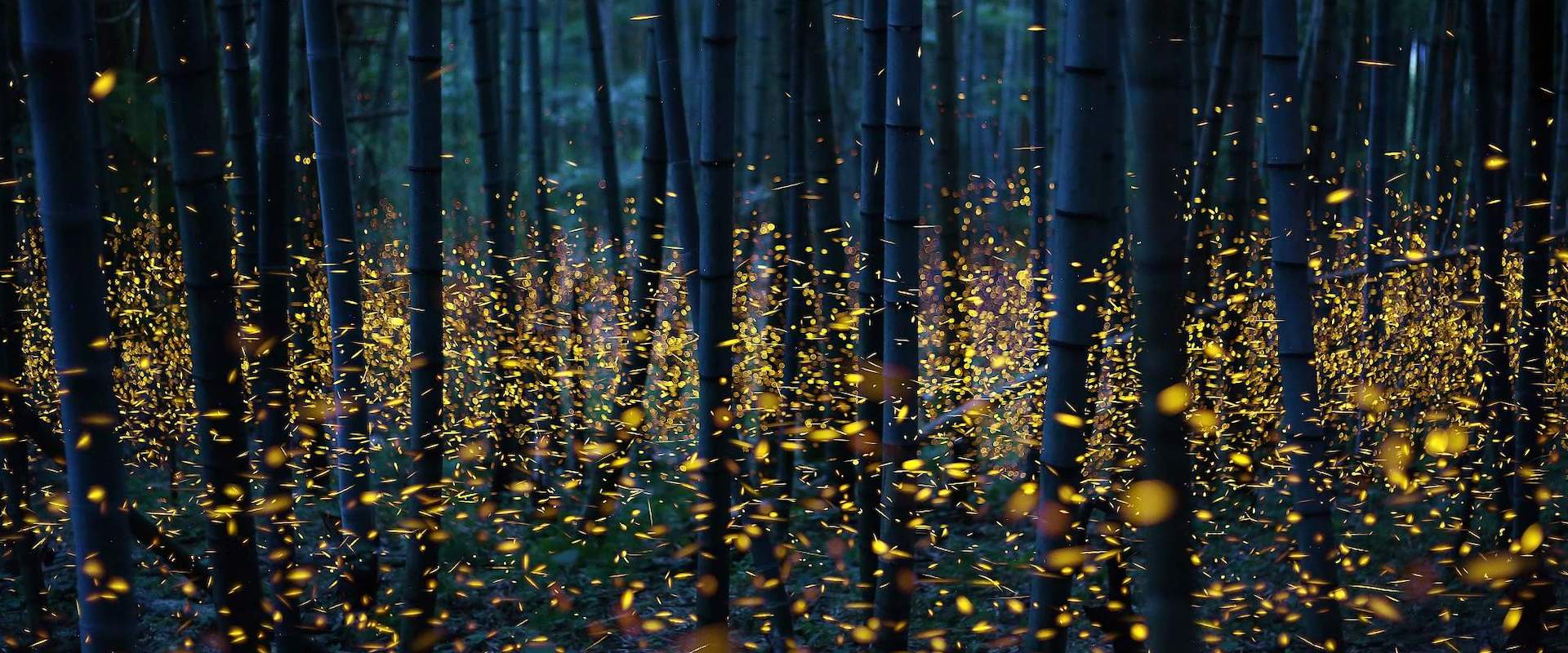
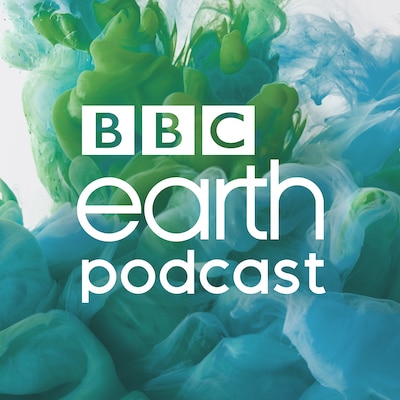
BBC Earth Podcast
Close your eyes and open your ears
Intimate stories and surprising truths about nature, science and the human experience in a podcast the size of the planet.
Dynasties
SPOILER ALERT: This is what happened to the colony of Emperor Penguins after the cameras stopped rolling.
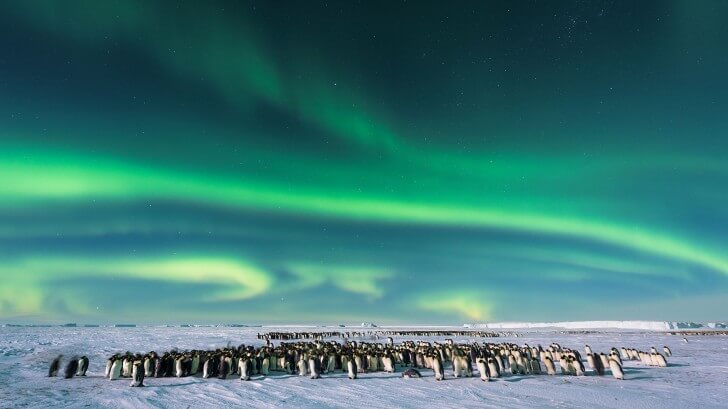
Since the BBC Dynasties film crew left Antarctica, the colony of Emperor Penguins has continued to thrive.
They returned to the same location on the same week in 2018 as they did in 2017, the numbers suggest a good breeding year with approximately 12,000 animals.
At time of publishing, the colony is still in its ‘crèching’ period. The dedicated parents are feeding their chicks and many are well-grown. By the middle of December the first young penguins will start to lose their baby feathers and head out to sea, a move that will continue through January. Then, they will remain in the ocean until they become adults, and are ready to reproduce, after three or four years. The breeding adults will return to Atka Bay in April. Sometimes they return a little early and have to wait until the ice freezes before they can colonise their temporary home. In 2017, the penguins spent a couple of days on an ice float, going in and out with the tide until the ice was stable.
In terms of the wider outlook for Emperor Penguins, the sea ice is crucial to their ability to survive. The temporary ‘fast ice’ forms sometime in March to April and lasts until December or January in Atka Bay. It is accessible for the colony and gives them a platform to breed, survive the winter, and for the chicks to grow and fledge.
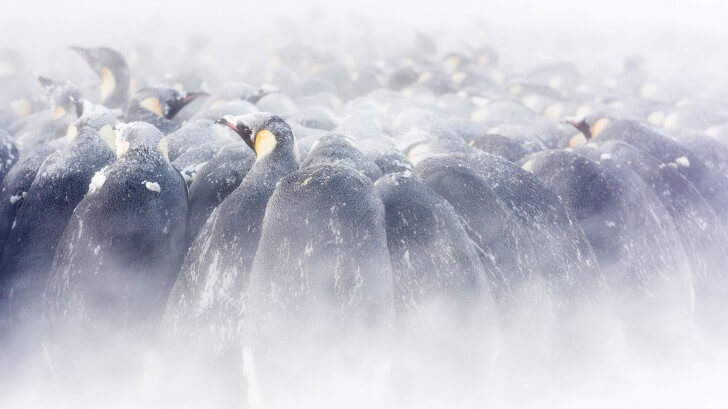
“Emperor Penguins are very dependent on the sea ice and everything that can change the stability and the cycle of the sea ice is a potential threat,” says Dan Zitterbart, of the Department of Applied Ocean Physics and Engineering at Woods Hole Oceanographic Institution, who has studied the species for years. Climate change is one cause, or changes in local oceanographic conditions and the locations of iceberg. For example, if an iceberg is blocking the way to Atka Bay, the penguins struggle to find somewhere to breed.
Scientists expect to see impacts on colonies from decreasing ice. “The problem is that once it happens it can be catastrophic very quickly,” says Zitterbart. “For example, if the sea ice breaks up too early and the penguins did not have time to fledge yet you would lose a whole year and have zero breeding success.”
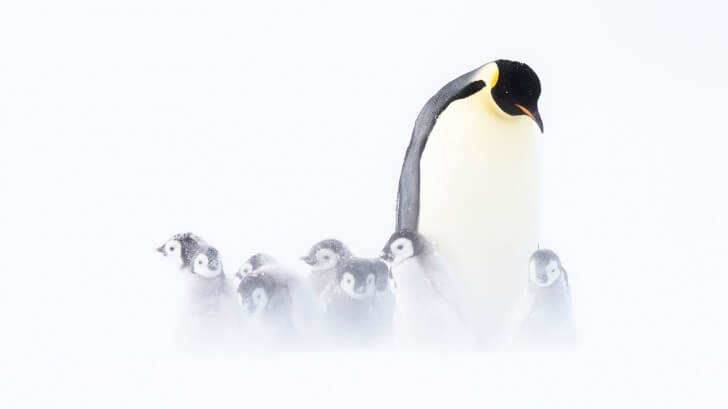
Sometimes there are bad years when hundreds or thousands of animals can be lost in a storm. However, if losses are regular, it has serious repercussions for the population.
So far, the Atka Bay colony is doing great, according to Zitterbart. “We studied this colony for about 10 years now and we’re not seeing any dramatic changes in population.”
However the general outlook for the emperor penguin population and its distribution is not so good.
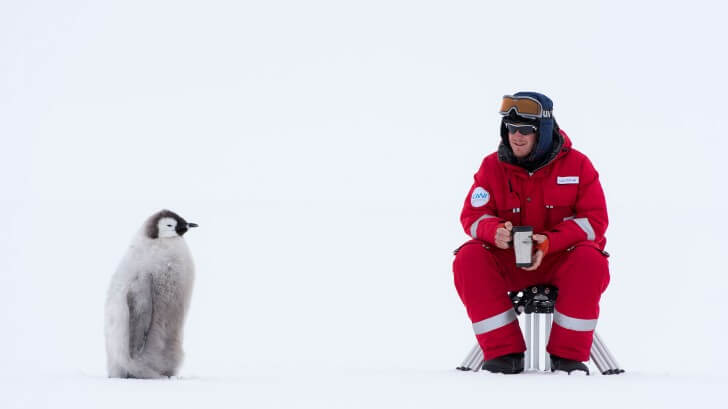
“The models from the data we have suggest there might be a reduction to 10 or 20 percent of total population by the next century,” explains Zitterbart. “This is mainly due to the changes in sea ice over the area. It is thought that the Weddell sea and the Ross sea might be the last refuge that’s left and there are a lot of colonies that are threatened by sea ice change.”
There are a lot of colonies that are threatened by sea ice change"
There have been incidents in the last couple of years when penguins have moved from sea ice to shelf ice. However, it is not known how adaptive the species will be. Normally, shelf ice is not accessible, with a 10 or 30-metre step to cross. Some years when there is a lot of snow or wind, the penguins might be able to cross.
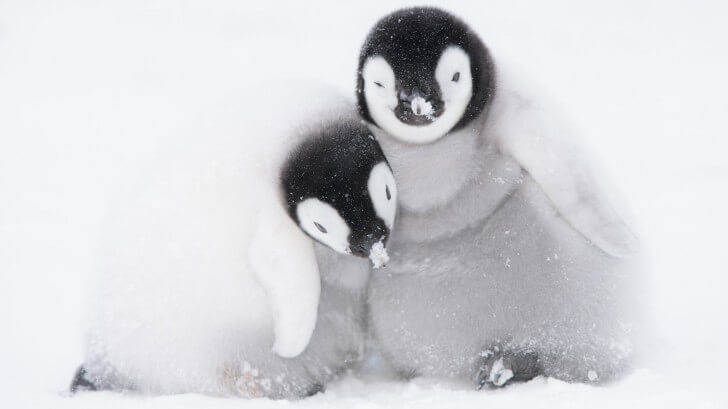
And what of the future health of the Emperor Penguins and the role of conservation? The main focus is understanding how the global population is doing. The first reliable global counts are from 2009 and counts before are isolated and from specific colonies.
“There is not much we can do directly for the animal; you cannot go and build sea ice,” says Zitterbart. “The best thing we can do is limit warming as much as we can.”
Featured image by Stefan Christmann


Intimate stories and surprising truths about nature, science and the human experience in a podcast the size of the planet.